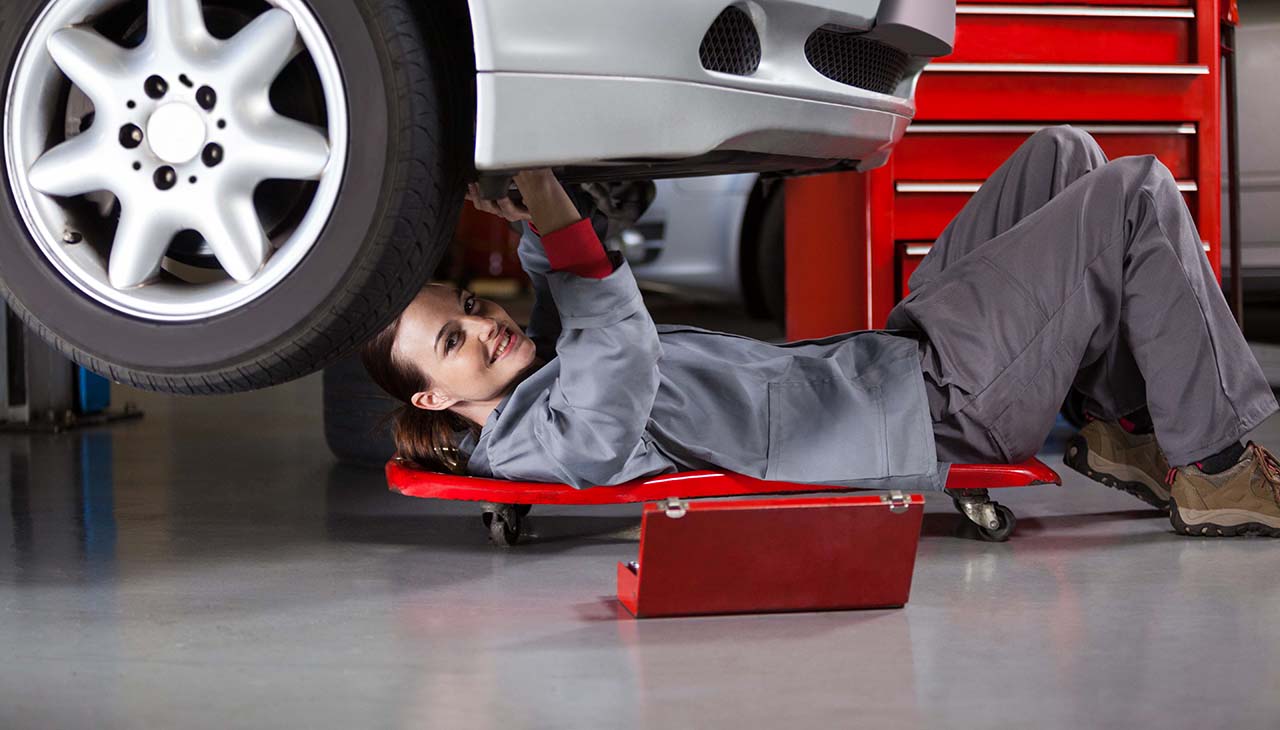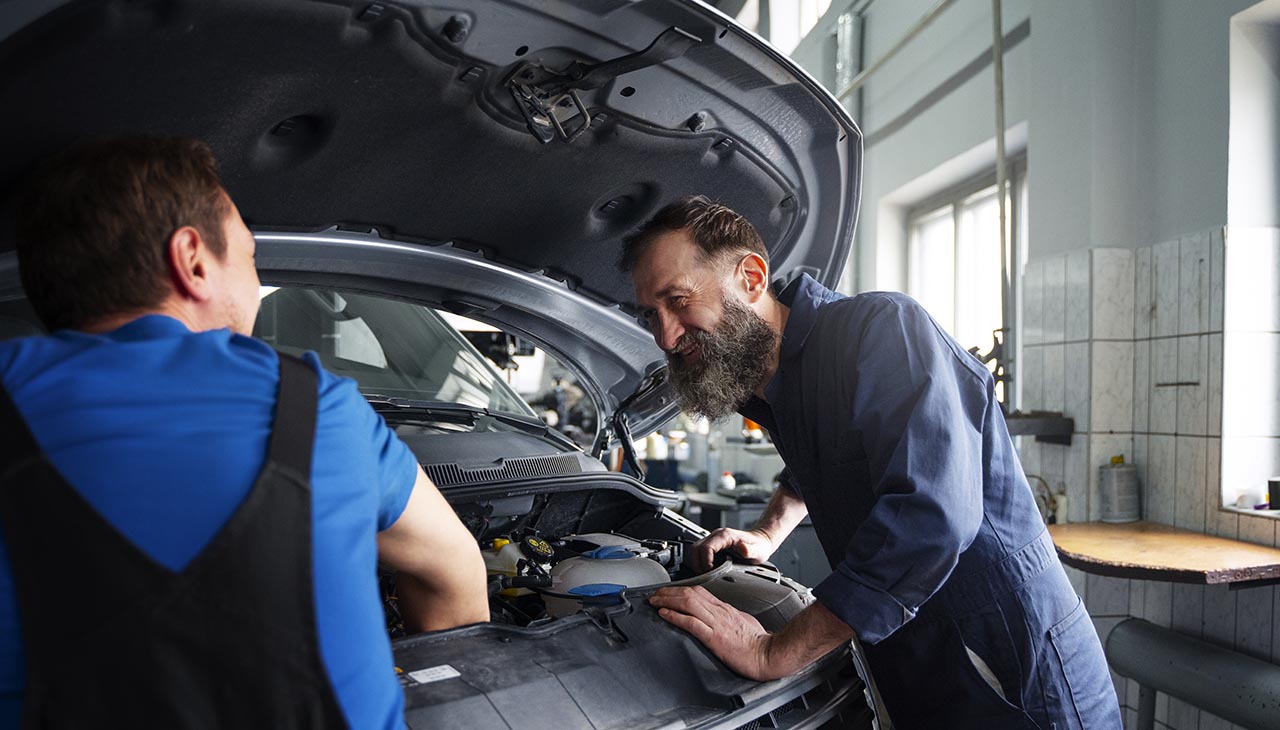Introduction
The automotive industry is experiencing a significant shift with the rise of mobile mechanics. Offering convenience and personalized service, mobile mechanics are becoming increasingly popular among car owners. Whether you’re a seasoned mobile mechanic, a DIY enthusiast, or a car enthusiast looking to expand your toolkit, having the right tools and equipment is crucial for success. This blog post will guide you through the top tools and equipment every mobile mechanic should have to ensure efficient, safe, and high-quality work.
Essential Hand Tools
Hand tools are the backbone of any mechanic’s toolkit, providing the necessary versatility for a wide range of tasks. Here are some must-have hand tools for mobile mechanics:
- Socket Set: A comprehensive socket set with both metric and SAE sizes is indispensable. Look for a set that includes deep sockets, universal joints, and various extensions.
- Wrenches: Combination wrenches, adjustable wrenches, and ratcheting wrenches should be part of your collection. These tools offer flexibility and ease of use in tight spaces.
- Screwdrivers: A variety of flathead and Phillips screwdrivers in different sizes are essential for handling various screws and bolts.
- Pliers: Needle-nose pliers, locking pliers, and slip-joint pliers can help with gripping, bending, and cutting tasks.
- Hammers: Ball-peen and rubber mallets are useful for tasks that require precision and force.
- Pry Bars: These are essential for tasks that involve separating components or removing stuck parts.
- Torque Wrench: Ensuring bolts are tightened to the manufacturer’s specifications is critical for safety and performance.
Diagnostic Equipment
Advanced diagnostic tools are a mobile mechanic’s best friend, allowing for quick and accurate identification of vehicle issues. Here are some essential diagnostic tools:
- OBD-II Scanner: An OBD-II scanner is crucial for reading and clearing diagnostic trouble codes (DTCs). Advanced models provide real-time data and can diagnose a wide range of issues.
- Multimeter: A digital multimeter is essential for diagnosing electrical problems by measuring voltage, current, and resistance.
- Battery Tester: Ensuring that the battery is in good condition is vital. A battery tester helps measure the charge level and health of the battery.
- Fuel Pressure Tester: This tool helps diagnose fuel system issues by measuring the pressure in the fuel system.
- Compression Tester: A compression tester is used to assess the health of an engine by measuring the pressure in each cylinder.
Specialty Tools
Specialty tools are designed for specific tasks and can significantly improve efficiency and effectiveness. Here are some important specialty tools:
- Tire Changer: A portable tire changer can make changing tires quick and easy, saving time and effort.
- Brake Bleeder Kit: Ensuring that air is removed from the brake lines is crucial for brake performance. A brake bleeder kit simplifies this task.
- Coolant Pressure Tester: This tool helps diagnose cooling system issues by measuring the pressure in the system.
- Engine Hoist: For major repairs that involve removing the engine, an engine hoist is indispensable.
- Vacuum Pump: This tool is used for testing and diagnosing vacuum-related issues in the engine.
Safety Equipment
Safety should always be a top priority for mobile mechanics. Here’s a guide on the necessary protective gear:
- Safety Glasses: Protect your eyes from debris, chemicals, and other hazards with high-quality safety glasses.
- Gloves: Mechanic gloves provide protection and grip, preventing injuries and ensuring better handling of tools.
- Ear Protection: When working with loud tools or in noisy environments, use ear protection to prevent hearing damage.
- Work Boots: Steel-toe work boots provide protection against heavy objects and sharp debris.
- Fire Extinguisher: Always have a fire extinguisher on hand for emergencies, especially when working with flammable materials.
- First Aid Kit: A well-stocked first aid kit is essential for treating minor injuries and providing immediate care in case of accidents.
Conclusion
Equipping yourself with the right tools and equipment is essential for any mobile mechanic, DIY enthusiast, or car lover. By investing in high-quality hand tools, advanced diagnostic equipment, specialty tools, and safety gear, you’ll be well-prepared to tackle any automotive challenge that comes your way. The tools and equipment mentioned in this post are foundational for efficient, safe, and high-quality work, enabling you to provide top-notch service to your clients or handle your personal vehicle maintenance with confidence.
We’d love to hear from you! Share your favorite tools and equipment in the comments below and let us know what essentials you can’t live without. Happy wrenching!



